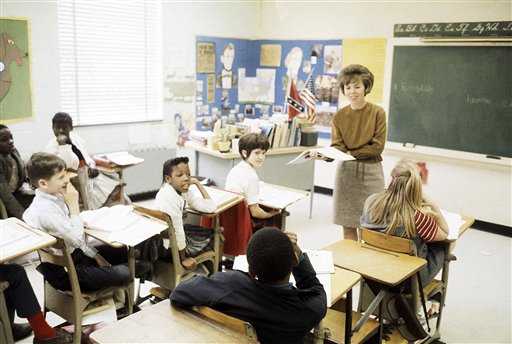The Supreme Court decision in Givhan v. Western Line Consolidated School District, 439 U.S. 410 (1979), established the principle that public employees do not forfeit First Amendment protection simply because they communicate on matters of public concern privately to a superior.
Givhan complained about discrimination at her school and was fired

